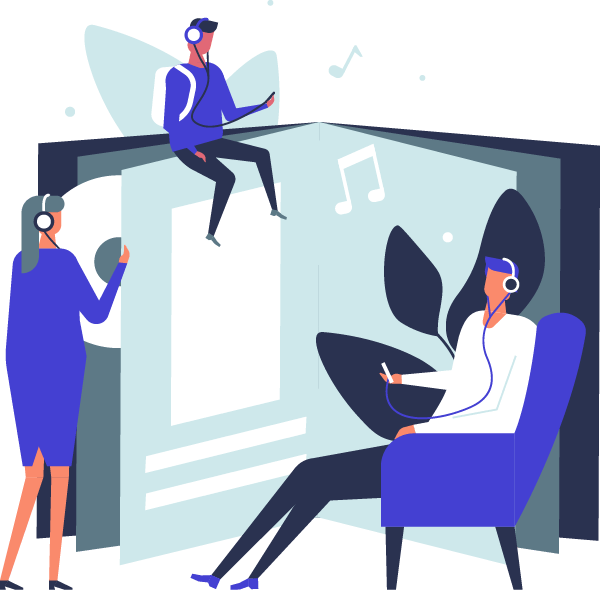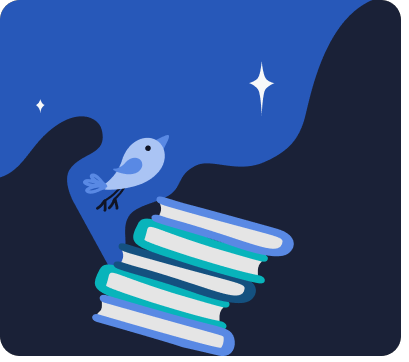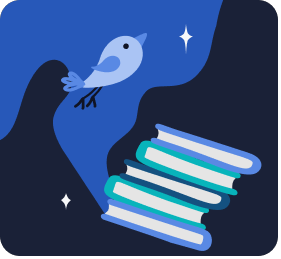With Izzard Ink’s audio publishing services and access to experienced and professional talent, we can easily produce a top-notch audio version of your books.


Creating an audiobook involves several critical steps, from pre-production planning to marketing and distribution. Here’s a comprehensive guide based on the insights from the previously shared document and additional information relevant to the audiobook creation process.
Notes:

No matter where you are on your publishing journey, we’re here to support and guide you toward success.
An audiobook is a recorded narration of a book, available in various formats like CDs or digital downloads. It enables listening to literature while multitasking, benefiting those with visual impairments or anyone seeking convenience. Narration can be done by authors, voice actors, or multiple actors, spanning genres from fiction to non-fiction. Their popularity has grown due to the immersive and accessible experience they offer.
Yes, you need copyright permission to make an audiobook unless the work is your own or in the public domain. Creating an audiobook is considered producing a derivative work, thus requiring permission from the copyright holder to avoid infringement, unless you already hold the rights or the work is free of copyright restrictions.
| Genre | Popularity (Estimated) | Typical Audience Characteristics | Notable Features |
| Fiction | High | Broad demographic, enjoys storytelling | Includes sub-genres like mystery, romance, sci-fi |
| Non-Fiction | Moderate to High | Adults looking for self-improvement or knowledge | Sub-genres include history, biography, self-help |
| Self-Help | Moderate | Adults seeking personal growth | Focus on motivational content and life skills |
| Fantasy/Sci-Fi | High | Young adults to adults, fans of speculative fiction | Rich world-building, often series-based |
| Mystery/Thriller | High | Adults who enjoy suspense and puzzles | Fast-paced, often involves crime or espionage |
| Romance | Moderate to High | Primarily women, wide age range | Focuses on relationships and emotional growth |
| Business/Economics | Moderate | Professionals and students in related fields | Insights into economics, personal finance, and entrepreneurship |
| History | Moderate | Adults with an interest in past events | Broad range, from ancient to modern history |
| Biographies/ Memoirs | Moderate | Broad demographic, interested in personal stories | Life stories of notable individuals |
| Children’s Books | Moderate | Children and parents | Educational content, storytelling, character building |
Popularity (Estimated)
High
Typical Audience Characteristics
Broad demographic, enjoys storytelling
Notable Features
Includes sub-genres like mystery, romance, sci-fi
Popularity (Estimated)
Moderate to High
Typical Audience Characteristics
Adults looking for self-improvement or knowledge
Notable Features
Sub-genres include history, biography, self-help
Popularity (Estimated)
Moderate
Typical Audience Characteristics
Adults seeking personal growth
Notable Features
Focus on motivational content and life skills
Popularity (Estimated)
High
Typical Audience Characteristics
Young adults to adults, fans of speculative fiction
Notable Features
Rich world-building, often series-based
Popularity (Estimated)
High
Typical Audience Characteristics
Adults who enjoy suspense and puzzles
Notable Features
Fast-paced, often involves crime or espionage
Popularity (Estimated)
Moderate to High
Typical Audience Characteristics
Primarily women, wide age range
Notable Features
Focuses on relationships and emotional growth
Popularity (Estimated)
Moderate
Typical Audience Characteristics
Professionals and students in related fields
Notable Features
Insights into economics, personal finance, and entrepreneurship
Popularity (Estimated)
Moderate
Typical Audience Characteristics
Adults with an interest in past events
Notable Features
Broad range, from ancient to modern history
Popularity (Estimated)
Moderate
Typical Audience Characteristics
Broad demographic, interested in personal stories
Notable Features
Life stories of notable individuals
Popularity (Estimated)
Moderate
Typical Audience Characteristics
Children and parents
Notable Features
Educational content, storytelling, character building
Selecting the ideal platform to sell audiobooks involves balancing exposure against royalties. Audible/ACX dominates the market, offering extensive visibility but claiming up to 60% in royalties. Platforms like Sellfy and similar self-hosted options allow for direct sales with higher profit margins but require more marketing effort to attract buyers. While Audible ensures a broad audience, Sellfy offers increased control and higher returns per sale. The decision largely depends on the author’s marketing capabilities and financial objectives. Established platforms are best for reach, whereas self-hosted solutions proritize profitability and control.
The global audiobook market, valued at over $5.3 billion in 2022, is projected to reach $35 billion by 2030, growing annually by 26.4%. In contrast, the broader book publishing market is set to grow by 1.9% yearly. Audiobook revenue, comprising 3.8% of book publishing revenue in 2022, is expected to increase significantly, reaching over 21.3% by 2030. In the US, audiobook sales surpassed $1.81 billion in 2022, with fiction titles leading sales. Up to 45% of adult Americans, around 116.25 million, listened to an audiobook in 2021, showing a growing trend in audiobook consumption across all age groups, particularly among young adults.
Producing an audiobook can involve significant investment, with costs averaging around $700+ per finished hour. This covers expenses for narration, editing, and quality checking. For a standard ten-hour audiobook, the total production cost can reach approximately $7,000+. These figures highlight the financial commitment required for high-quality audiobook production.
Yes, authors do receive royalties from library audiobooks. In the Izzard Ink distribution network, we work with libraries. The payment structure for library audiobooks can differ from traditional sales. Libraries often acquire audiobooks through licensing agreements that outline borrowing and listening terms. These agreements are typically managed by specialized platforms like OverDrive.
The royalty model for library audiobooks usually involves one of the following methods:
Yes, authors can self-publish audiobooks. Deciding whether to narrate depends on various factors. Professional narrators can enhance the audiobook with skilled voice modulation and character portrayal, crucial for fiction.
For non-fiction, especially personal stories, author narration can add authenticity. Costs are a consideration; professional narration can be expensive, but self-narration requires investment in equipment and editing.
Time and effort are significant, as quality narration demands practice and skill. Audience preference varies; some may enjoy the personal touch of author narration, especially for autobiographical content. Ultimately, the choice hinges on the author’s abilities, budget, and book genre.


Writer's block?
Lacking confidence?
Seeking guidance?
Unlock your manuscript's potential with Izzard Ink's manuscript assessment. We'll identify specific areas for enhancement and offer targeted solutions. Connect with us, and together, we'll elevate your manuscript.
"*" indicates required fields


Writer's block?
Lacking confidence?
Seeking guidance?
Unlock your manuscript's potential with Izzard Ink's manuscript assessment. We'll identify specific areas for enhancement and offer targeted solutions. Connect with us, and together, we'll elevate your manuscript.